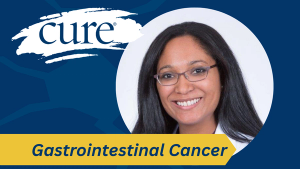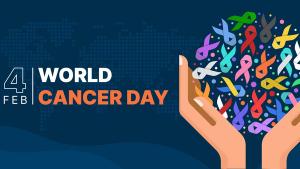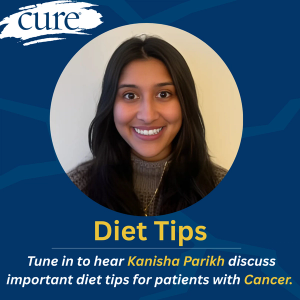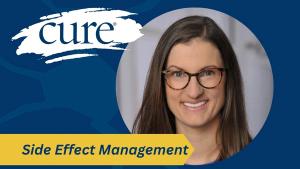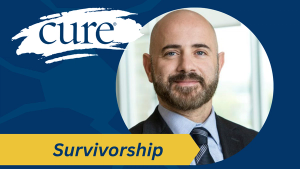
All News
All series
All All News
Advertisement










Advertisement

CURE's Lena Huang sits down with actress Cynthia Nixon to discuss how cancer has affected her life.




The emotional and psychological impact of cancer extends past the treatment time.Â

New research hints at potential ways to keep hair during chemotherapy.

Various websites and organizations offer resources on survivorship plan building.

Tips for knowing what online information to trust.Â









FDA approved Zytiga (abiraterone) to treat metastatic hormone-resistant prostate cancer.



Advertisement
Advertisement
Trending on CURE
1
FDA Updates Safety Warnings for Common Chemotherapy Drugs
2
KTX-1001 Elicits Responses in Some With Multiple Myeloma
3
FDA Removes Use Limitation for Yescarta in Primary CNS Lymphoma
4
New Combination Treatment Approach Studied in Pancreatic Cancer
5

